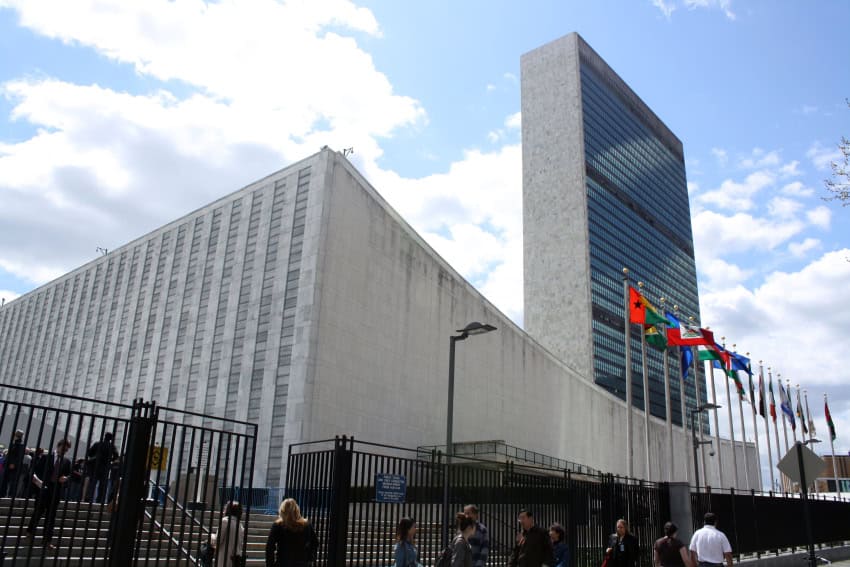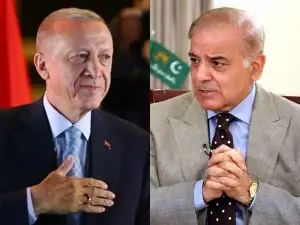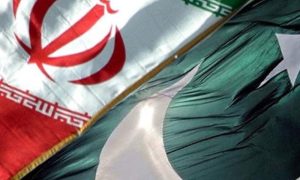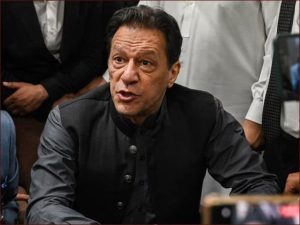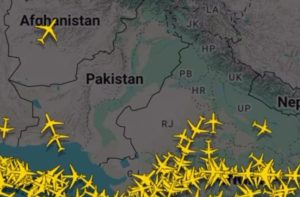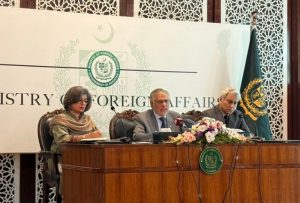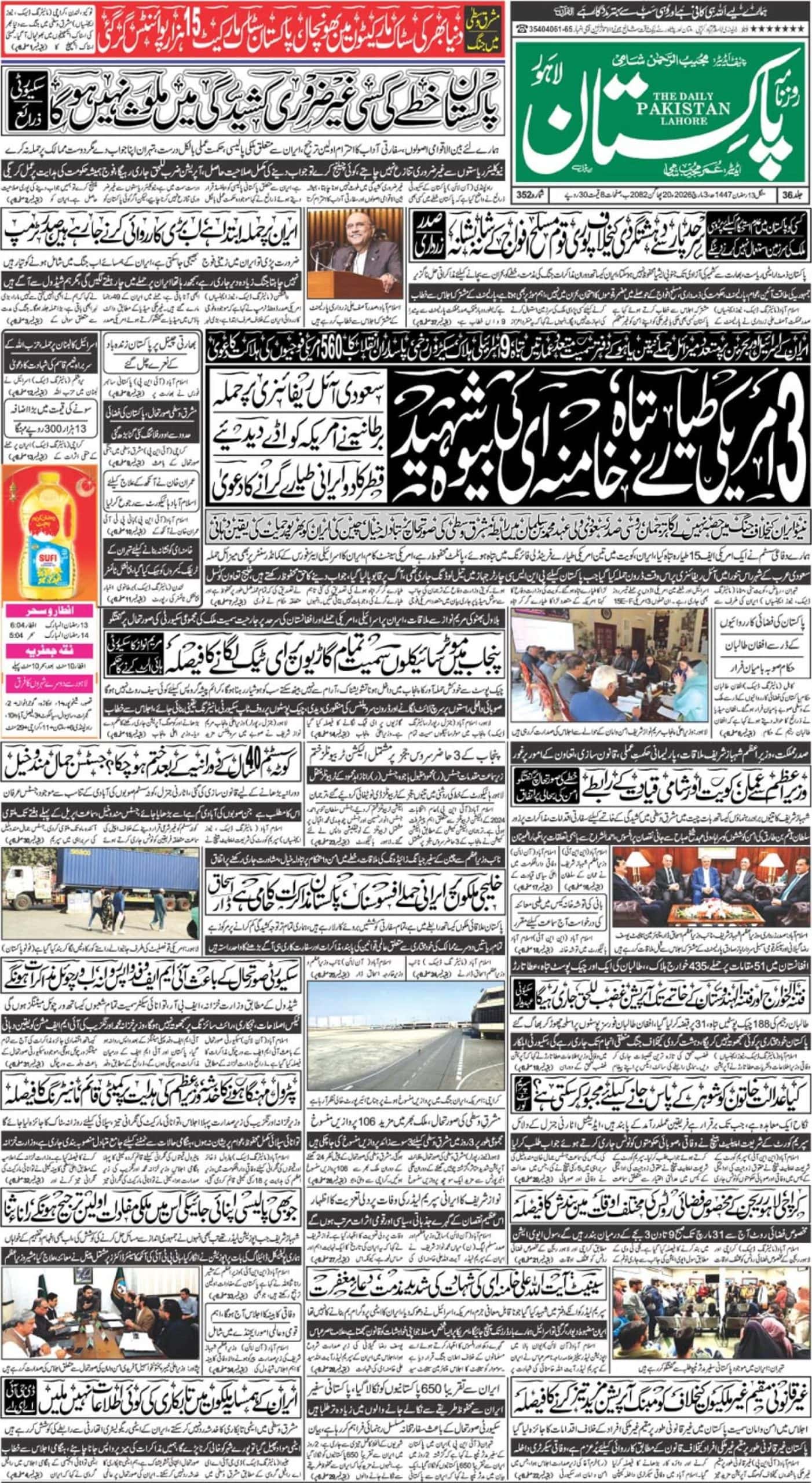ISLAMABAD – United Nations (UN) Resident Coordinator in Pakistan, Neil Buhne has said that Pakistan is ahead of many other countries in legally recognising transgender people as a third gender but still has a long way to go in recognising their rights.
He was speaking at the event organised jointly by the High Commission of Canada and UN Information Centre followed by the screening of documentary “Kumu Hina” which features the real story of Hina Wong-Kalu, a native Hawaiian transgender.
Transgender activists, government representatives, community representatives, diplomats and UN experts gathered on Thursday at the UN Information Centre to discuss the educational, economic and health issues facing the transgender community in Pakistan.
Speaking on the occasion, Neil Buhne said that transgender are subjected to harassment and violence. He said that the Social Welfare Department needs to focus on this community as it is the most marginalized”we need to do more in safeguarding their rights starting with education, access to health and social protection”.
Perry Calderwood, High Commissioner of Canada said that he was pleased that can contribute to the dialogue about transgender rights and empowerment so that transgender Pakistanis can fully participate in this vibrant society.
Transgender community representative Maya Zaman said that education is the only way to enhance the potential of the community and have their valuable contribution to the economy.
“We need a national action program for all the marginalised communities to engage them for socio economic development and we cannot have economically strong and socially sensitive Pakistan until we achieve full inclusion of all communities, including the trans community” she said.
Another transgender representative, Anaya Malik said that usually family members are the first ones to abandon transgender people, leaving them vulnerable and unprotected. The families need to be sensitized so that they accept their children’s identity.
Member of the National Commission for Human Rights Ch Muhammad Shafique said that the state provides services according to the demand. “If society raises voice about transgender rights, the state would be compelled to respond and this is a wonderful forum to start that debate,” he said
The Director of United Nations Information Centre Vittorio Cammarota said that like the rest of the world, transgender people in Pakistan face alarmingly high levels of discrimination and stigma, as well as violence, unemployment and poverty.
“The aim of this event is to foster debate on human rights issues that these people face, and the priority actions required to secure these people’s right to dignity, education, equality, health and security,” he said.-Online

